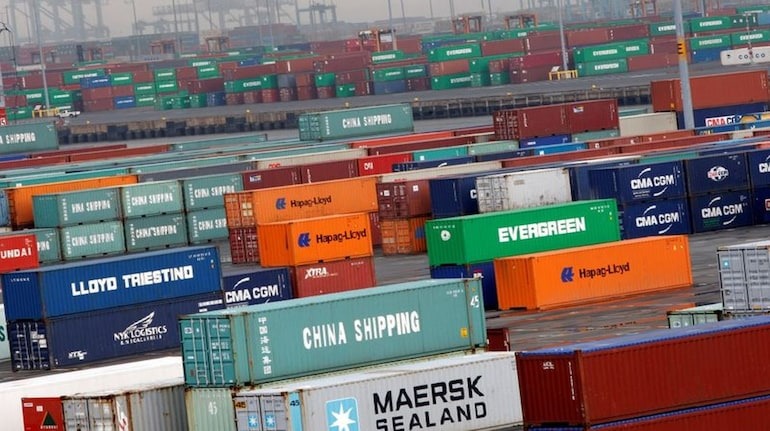
The United States Trade Representative (USTR) has raised several new and ongoing trade concerns regarding India in its latest 2025 National Trade Estimate Report, released on March 31. While high tariffs remain a key issue, the USTR has now also highlighted India’s Minimum Support Price (MSP) system, medical device import restrictions, internet shutdowns, and data localisation rules.
Compared to the 2024 report, the latest edition reiterates concerns over agricultural subsidies and describes India’s MSP program and public procurement system as market-distorting.
India’s MSP and Agricultural Subsidies Under Scrutiny
The USTR stated that 25 agricultural products benefit from India’s MSP program, calling it “one of the most production- and trade-distorting types of support.” Additional criticism was directed toward credit subsidies, debt waivers, crop insurance, and input subsidies like fertilizer and fuel.
The report emphasized that these policies reduce production costs and distort competition with imported goods. Special attention was given to India’s public rice procurement program, accusing it of exceeding food security needs and contributing to India’s dominance in global rice exports—currently over 40%.
Concerns Over Medical Device Import Policy
The USTR also flagged India’s regulatory stance on medical devices, especially after the CDSCO suspended approvals for both new and existing import license applications in 2024. This move has affected access for foreign medical manufacturers looking to enter the Indian market.
Digital Economy Challenges: Shutdowns and Data Localisation
The report raised alarm over internet shutdowns in India, noting their negative impact on business continuity and digital trade. “These shutdowns restrict access to information and services, disrupting commercial operations,” it said, adding that they impede trade in the digital sector and affect U.S. service exports.
It also noted challenges posed by data localisation rules under the Digital Personal Data Protection Act (DPDPA), calling them burdensome for foreign data service providers.
Additionally, the USTR acknowledged positive steps such as elimination of the equalisation levy and the introduction of Patents (Amendment) Rules, 2024, but raised concerns over regional inconsistencies in customs procedures and pharma patent disputes.
Trade Talks and Tariff Concerns
India is currently engaged in bilateral trade negotiations with the U.S., hoping to avoid the imposition of reciprocal tariffs, which are scheduled to take effect on April 2. USTR officials recently visited India between March 25–29 to discuss the structure of future trade partnerships.
Read More: Zomato Stocks Dip as Deepinder Goyal Takes Flight Into Defense Robotics

 Share
Share_1820244660_100x75.jpg)
_365039172_100x75.jpg)
_1405734818_100x75.jpg)
_822217780_100x75.jpg)
